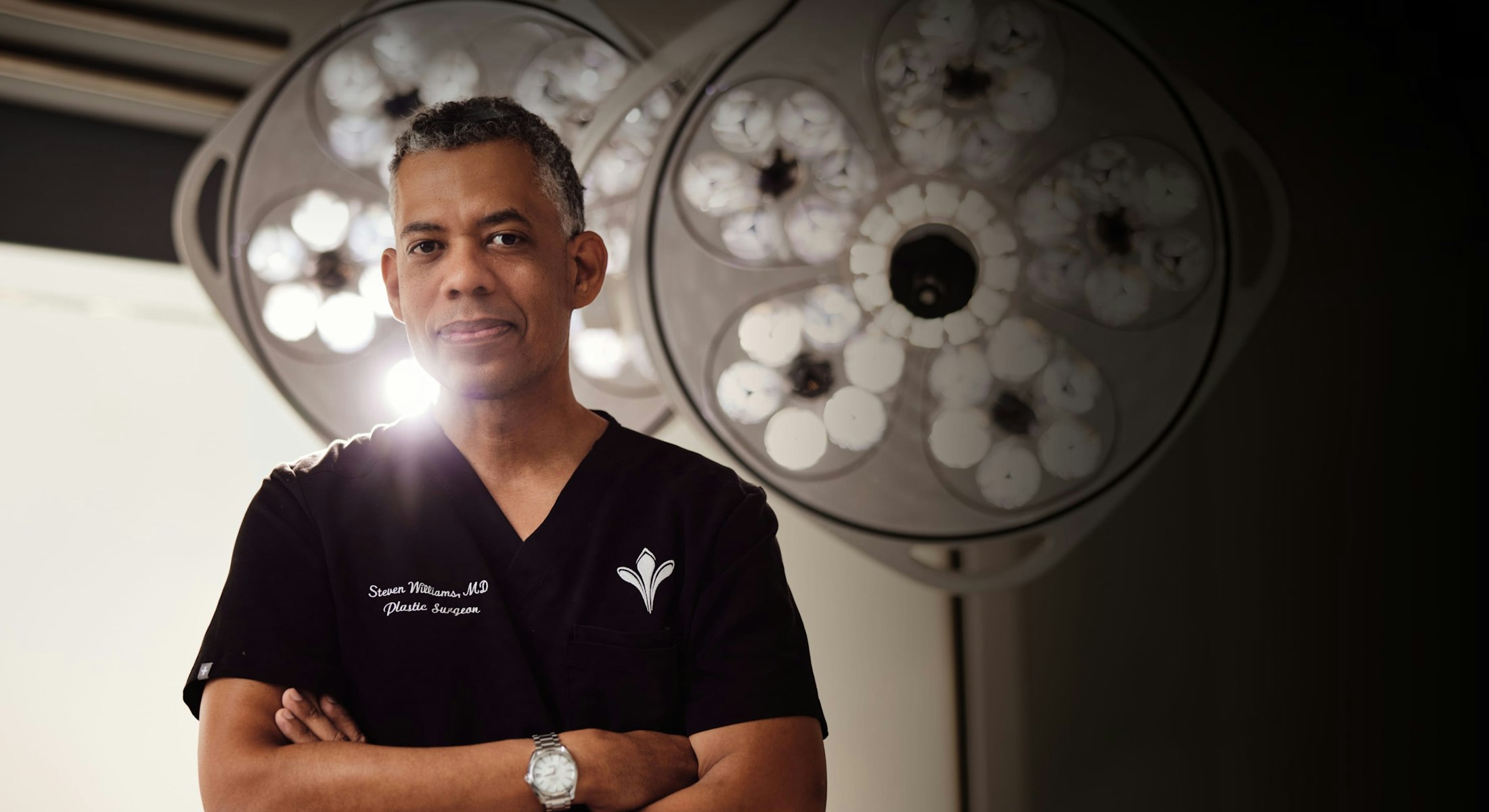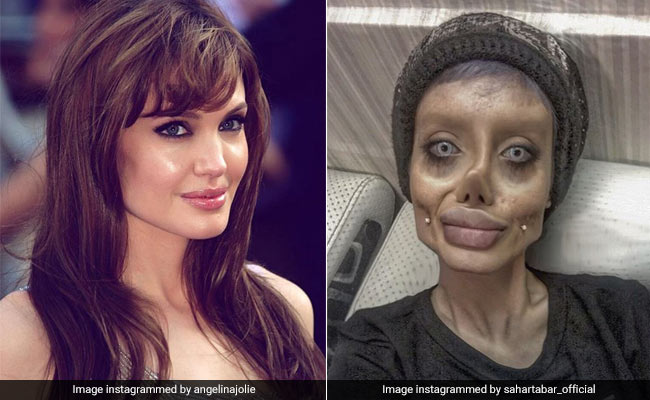Expert Plastic Surgery Rancho Cucamonga: Transform Your Appearance with Leading Surgeons
Expert Plastic Surgery Rancho Cucamonga: Transform Your Appearance with Leading Surgeons
Blog Article
Examining the Psychological and Social Aspects That Drive People to Think About Cosmetic Surgery as a way of Improvement
The decision to pursue cosmetic surgery frequently prolongs past mere looks, intertwining with social and emotional characteristics that warrant thorough assessment. Variables such as self-esteem, pervasive societal elegance criteria, and the pervasive impact of social networks converge to form individual inspirations for medical enhancement. As these influences end up being significantly prominent, recognizing the underlying social and psychological contexts is essential. What stays to be discovered is the profound effect these aspects have not just on individuality yet additionally on broader social standards and values bordering appeal and acceptance.
The Role of Self-confidence
Self-confidence substantially influences a person's choice to pursue plastic surgery. People with low self-confidence commonly view themselves in an unfavorable light, resulting in sensations of insufficiency regarding their physical appearance. This adverse self-perception can drive them to seek surgical treatments as a method of improving their self-image. The wish for renovation in one's appearance is frequently connected to an idea that such adjustments will elevate their general self-respect and confidence.

Inevitably, the duty of self-esteem in the decision-making procedure relating to cosmetic surgery highlights the complicated interaction in between body photo, personal complete satisfaction, and psychological health. Understanding this relationship is critical for healthcare specialists to make certain that people are making informed choices rooted in reasonable assumptions and psychological wellness.
Social Beauty Specifications
Influenced by pervasive media representations and social stories, societal elegance criteria play an important duty in forming people' assumptions of their very own bodies. These standards are often identified by an idyllic kind of charm that highlights traits such as symmetry, slimness, and youthfulness. As these perfects are continued through different channels, including marketing, television, and film, individuals frequently internalize these messages, resulting in dissatisfaction with their all-natural look.
The effects of these social standards extend beyond visual preferences; they can affect self-esteem, psychological health and wellness, and interpersonal relationships. Individuals who view themselves as disappointing these standards may experience sensations of inadequacy, triggering a wish for plastic surgery as a way of attaining societal approval. This pursuit is usually sustained by the belief that adhering to these perfects will boost not only physical look yet likewise social standing and personal fulfillment.

Impact of Social Network
The impact of social appeal requirements is further intensified by the rise of social media systems, where curated pictures and idealized representations of elegance are common. Individuals are constantly exposed to filteringed system and edited photographs, which commonly illustrate unattainable physical attributes. This exposure grows a society of comparison, leading individuals to examine their very own look versus these usually unrealistic standards.
Social network influencers and celebrities often advertise aesthetic procedures, normalizing the idea that medical improvements are a sensible means for attaining social ideals (plastic surgery rancho cucamonga). The visibility of these improvements can develop a perception that undergoing plastic surgery is a conventional technique, therefore influencing people to consider similar treatments as a path to enhanced self-worth and social acceptance
Furthermore, the interactive nature of social media sites permits prompt responses through sort and remarks, further strengthening the desire to comply with popular charm criteria. Such communications can exacerbate feelings of inadequacy and drive people towards plastic surgery as a way of obtaining recognition. Ultimately, social media plays a critical duty fit assumptions of elegance, which dramatically influences the decision-making processes surrounding cosmetic surgical procedure.

Cultural Viewpoints on Appearance
Across various cultures, understandings of appearance are deeply rooted in historic, social, and financial contexts, forming individuals' sights on elegance and value. In many societies, look acts as a considerable marker of identity, affecting social standing, professional opportunities, and personal partnerships. For instance, in some societies, light skin is usually connected with riches and benefit, while others may glorify darker complexion as icons of toughness and authenticity.
In addition, traditional elegance standards are usually continued with cultural narratives, media depictions, and household influences, resulting in differing suitables across different regions (plastic surgery rancho cucamonga). In Western societies, the emphasis on young people and physical health and fitness frequently drives individuals toward cosmetic improvement, while in certain Eastern societies, even more subtle adjustments straightened with typical aesthetic appeals may be preferred
Globalization and the spreading of digital media have actually even more made complex these dynamics, advice creating a hybridization of appeal suitables that transcends geographical limits. As people progressively browse these cultural narratives, the stress to comply with particular appearance standards can result in the wish for plastic surgery, showing a complicated interplay of individual goals and social values. Comprehending these social point of views is important in resolving the motivations behind cosmetic surgical procedure factors to consider.
Mental Influences of Plastic Surgery
Many people seeking cosmetic surgery report experiencing extensive emotional influences that can significantly use this link alter their self-perception and emotional wellness - plastic surgery rancho cucamonga. The need for physical enhancement frequently stems from underlying problems such as reduced self-esteem, body dysmorphic problem, or social pressures regarding charm standards. For some, the immediate post-operative phase can cause a momentary increase in confidence and contentment with their look, promoting a sense of empowerment
Nonetheless, these positive feelings might not be enduring. Research shows that while some people experience enhanced self-worth, others may face heightened anxiousness or clinical depression if their assumptions are not met. This inconsistency can occur from unrealistic ideals bolstered by media depiction and cultural stories surrounding beauty.
Additionally, the mental implications of plastic surgery extend beyond the person. Relationships with family members and pals might be strained as social dynamics change, causing sensations of seclusion or alienation. Ultimately, the psychological impacts of cosmetic surgical procedure are diverse and intricate, needing mindful consideration by both prospective people and doctor to guarantee enlightened decision-making and realistic assumptions.
Final Thought
In final thought, the decision to seek plastic surgery is dramatically influenced by a combination of self-esteem issues, social elegance standards, and cultural point of views on look. The prevalent reach of social media additionally worsens these pressures, promoting unrealistic ideals that individuals usually make every effort to attain. Comprehending these mental and social variables is essential for resolving the inspirations behind cosmetic surgery, highlighting the need for a much more nuanced conversation bordering charm and self-acceptance in contemporary culture.
The decision to seek cosmetic surgical procedure usually prolongs past simple aesthetics, intertwining with psychological and social characteristics that warrant detailed exam. Inevitably, social media plays a pivotal duty in shaping assumptions of appeal, which substantially impacts the decision-making processes surrounding cosmetic surgery.
As individuals increasingly navigate these cultural narratives, the stress to adhere to particular appearance requirements can lead to the wish for cosmetic surgical procedure, mirroring a complicated interaction of social values and personal goals.In final thought, the decision to pursue cosmetic surgical procedure is substantially affected by a click now combination of self-worth issues, social beauty criteria, and cultural viewpoints on look. Recognizing these emotional and social elements is vital for attending to the motivations behind cosmetic surgery, highlighting the demand for a more nuanced discussion bordering elegance and self-acceptance in contemporary culture.
Report this page